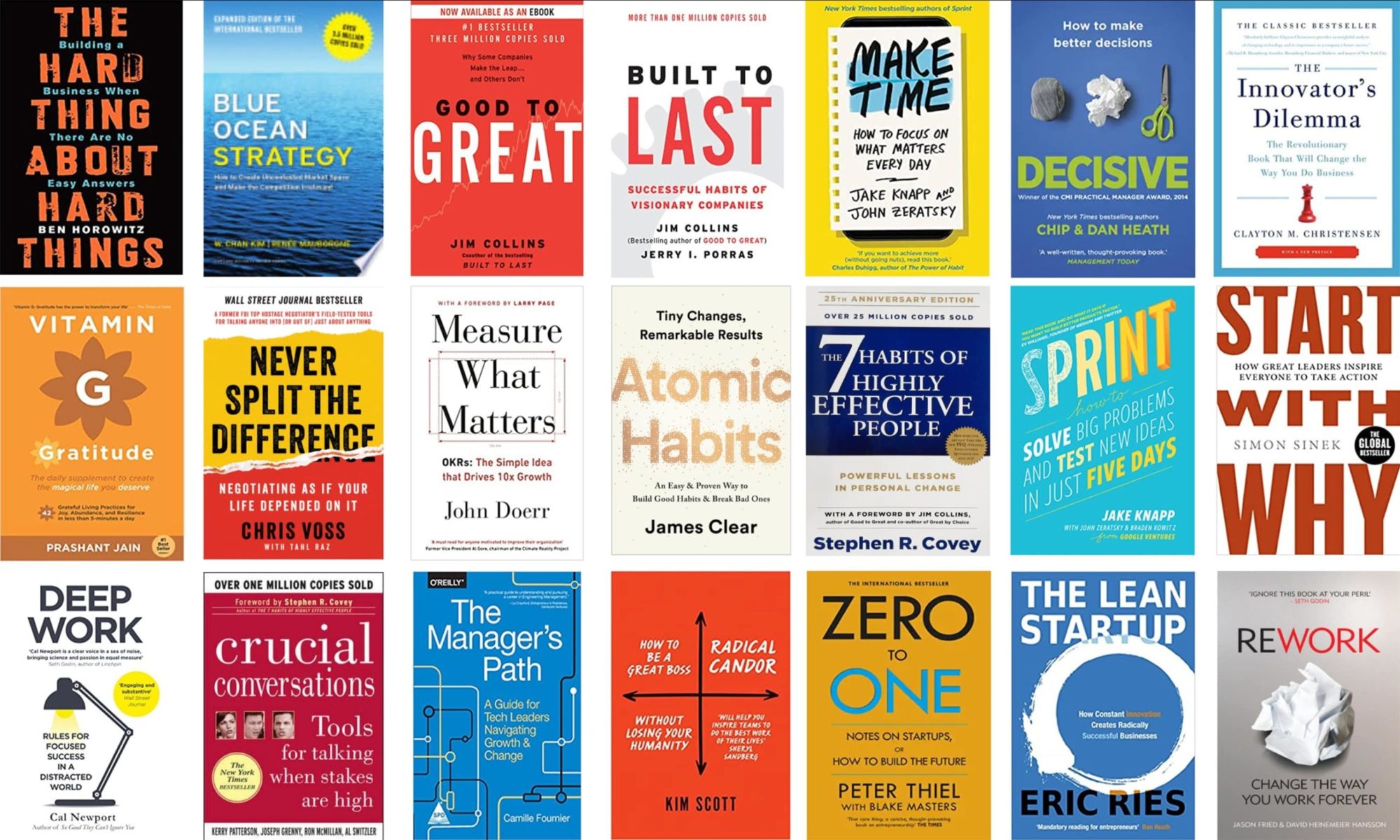Last month I finished reading The Art of War edited by James Cavell. I found the book very objective and meaningful even today. No doubt its recommended in business and managerial studies.
Here are some incomplete notes from the first 5 chapters:
I
All warfare is based on deception.
II
In war, then, let your great object be victory, not lengthy campaigns.
III
Thus we may know that there are five essentials for victory:
(1) He will win who knows when to fight and when not to fight.
(2) He will win who knows how to handle both superior and inferior forces.
(3) He will win whose army is animated by the same spirit throughout all its ranks.
(4) He will win who, prepared himself, waits to take the enemy unprepared.
(5) He will win who has military capacity and is not interfered with by the sovereign.
If you know the enemy and know yourself, you need not fear the result of a hundred battles. If you know yourself but not the enemy, for every victory gained you will also suffer a defeat.
IV
To secure ourselves against defeat lies in our own hands, but the opportunity of defeating the enemy is provided by the enemy himself.
What the ancients called a clever fighter is one who not only wins, but excels in winning with ease.
Thus it is that in war the victorious strategist only seeks battle after the victory has been won, whereas he who is destined to defeat first fights and afterwards looks for victory.
V
Thus it is that in war the victorious strategist only seeks battle after the victory has been won, whereas he who is destined to defeat first fights and afterwards looks for victory. He takes individual talent into account, and uses each men according to his capabilities. He does not demand perfection from the untalented.
The last two lines is the mantra I stand by and follow.
